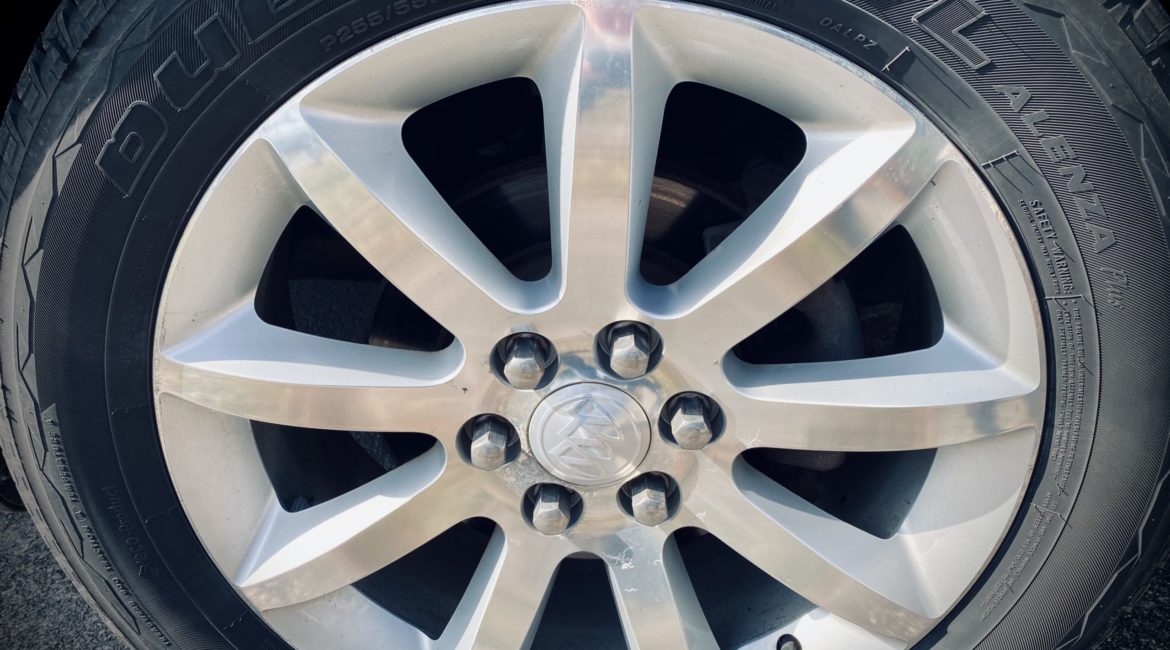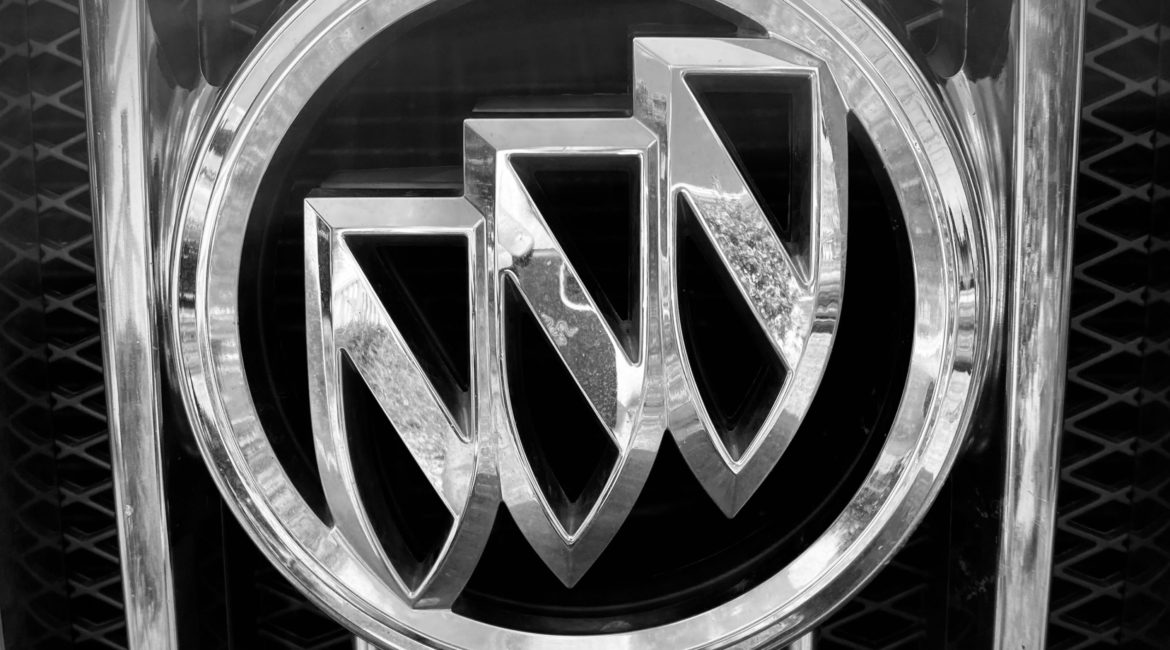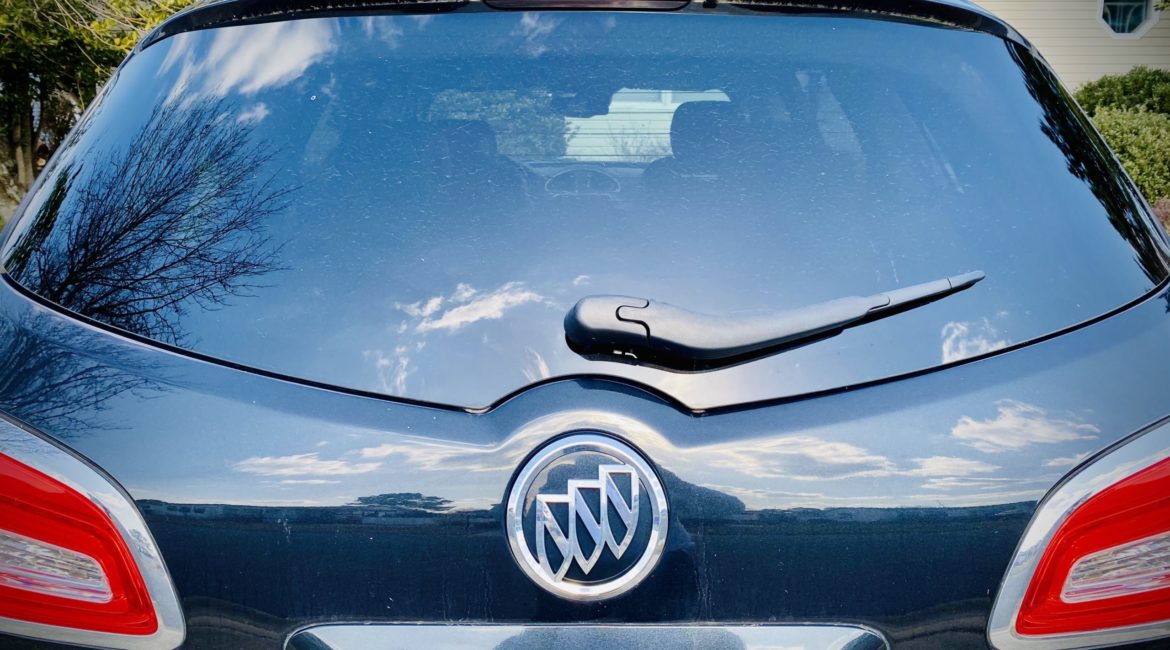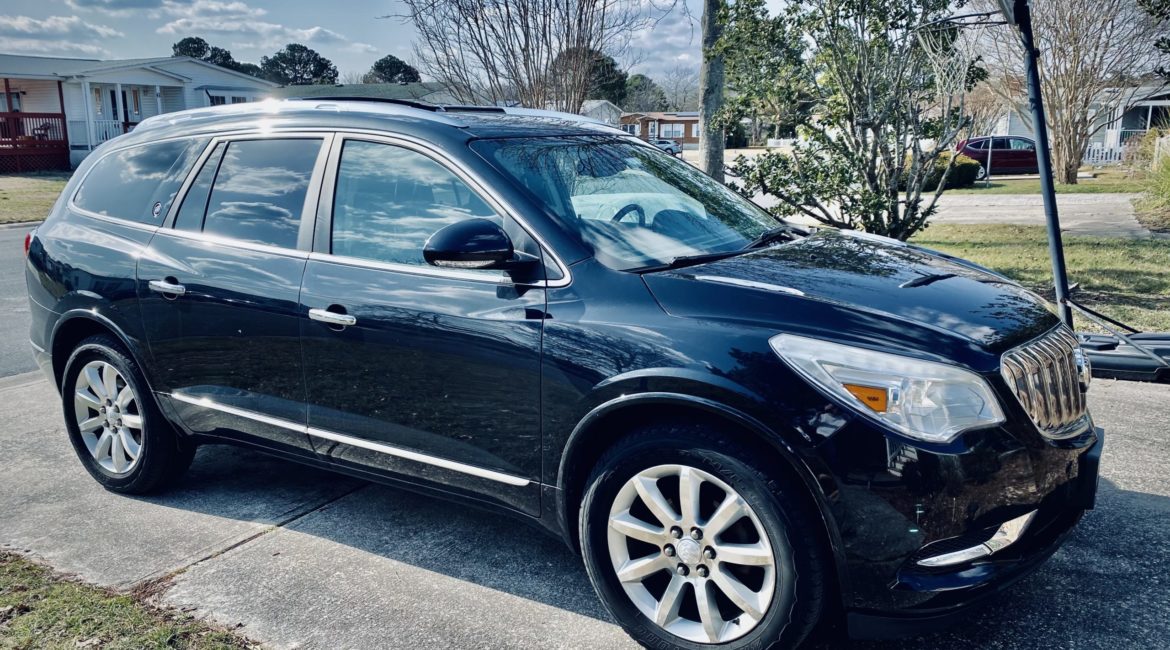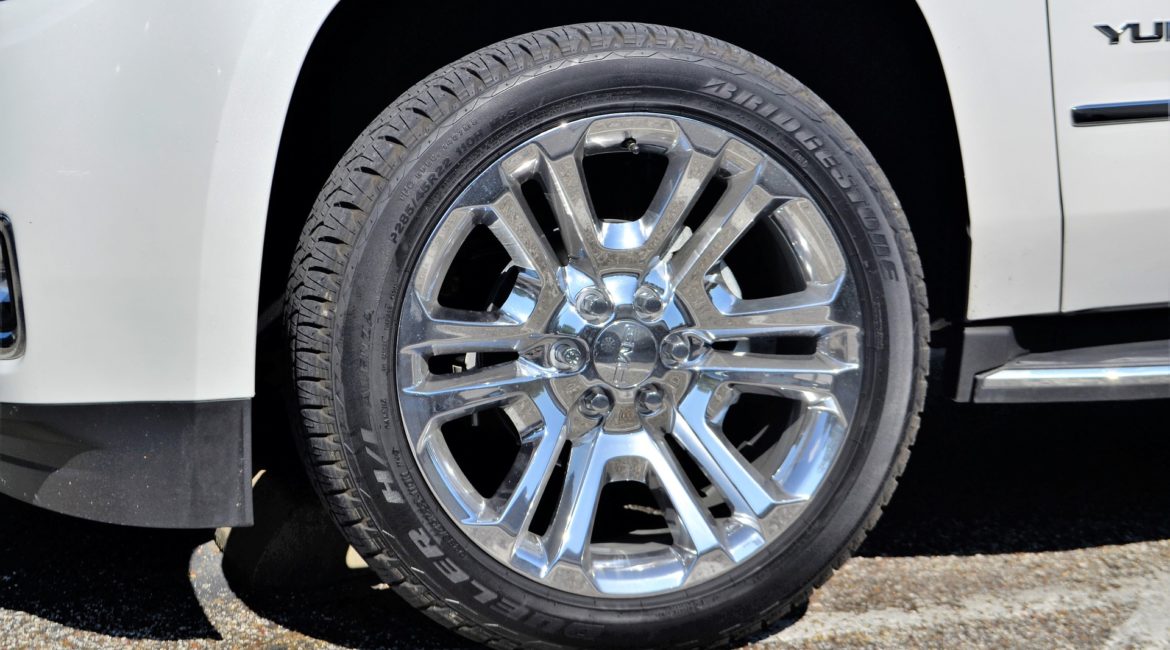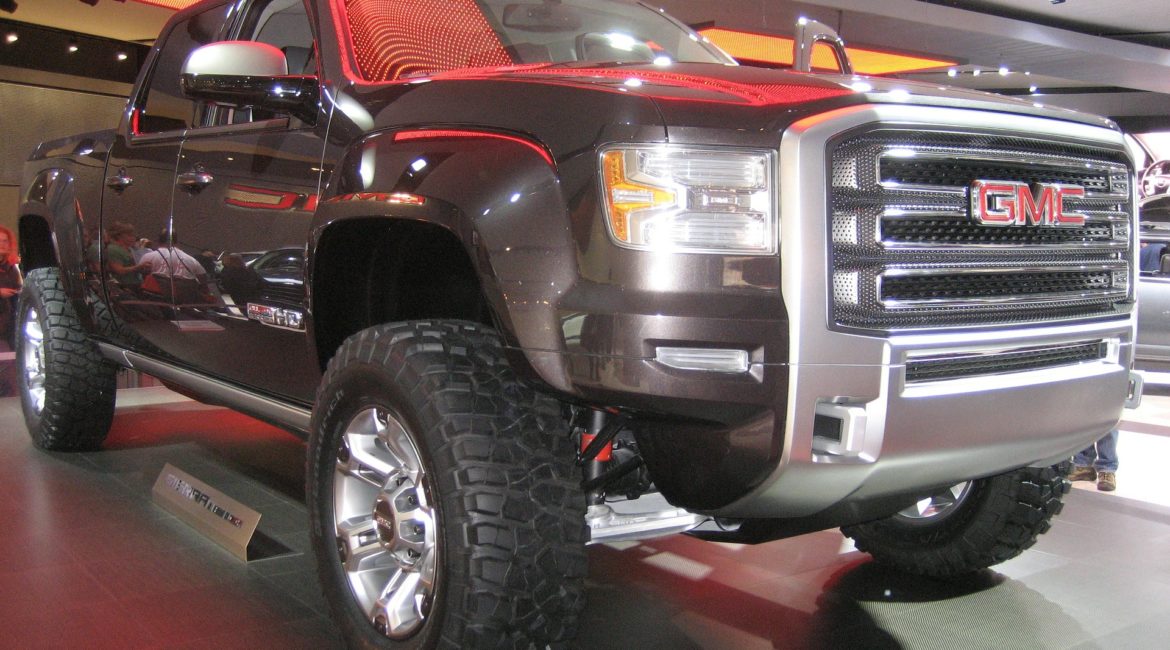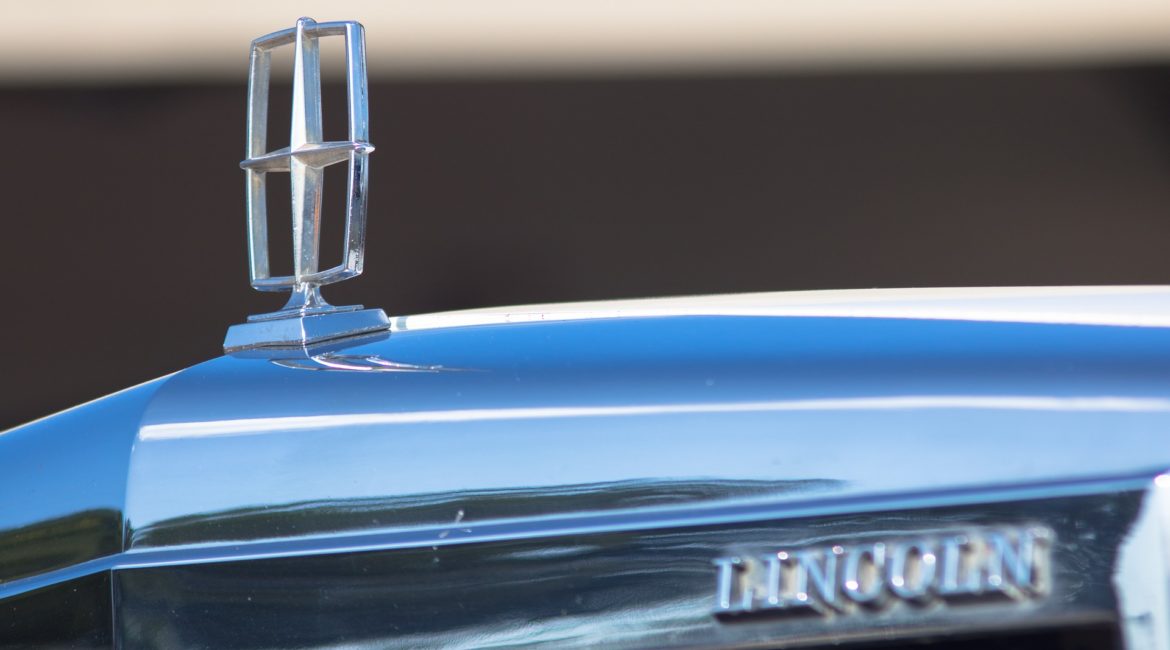GM wants your Chevy to have the most reliable replacement parts. Nearly every car manufacturer releases “Position Statements” that instruct body shops in how to perform repairs on their vehicles to the highest standard. While all body shops should have access to this vital information, not all shops take the...
Category: Safety Questions
Why GM Discourages Reconditioned Wheels and Why That’s Crucial for Your Buick
GM doesn't want you to jeopardize your safety with reconditioned wheels. Nearly every car manufacturer releases Position Statements explaining what methods of auto body repair they do or do not recommend. While some shops disregard these statements, we take a fine-tooth comb to the information they provide so that we...
GM Says It’s Dangerous to Use Salvage Structural Parts on Your Chevrolet—Here’s Why You Should Care
Preserve the structural integrity of your Chevy by using only the best replacement parts. When you take your Chevy to a body shop for collision repair, of course you’re going to want the job to be done as safely, efficiently, and cost-effectively as possible. At our shop, one of the...
Why Buick Says You Should Not Use Salvage or Recycled Parts in Collision Repair and Why That’s Important
The right replacement parts can make all the difference. Nearly every car manufacturer releases “Position Statements” that instruct body shops in how to perform repairs on their vehicles to the highest standard. While all body shops should have access to this vital information, not all shops take the time to...
Why GM Rejects Reconditioned Wheels and How This Affects Your Chevrolet Repair
Wheel reconditioning is never a good idea in collision repair. Nearly every car manufacturer releases Position Statements explaining what methods of auto body repair they do or do not recommend. While some shops disregard these statements, we take a fine-tooth comb to the information they provide so that we can...
GM Says It’s Dangerous to Use Salvage Structural Parts on Your Buick—Here’s Why They’re Right
GM wants you to use only the best replacement parts on your Buick. When you take your Buick to a body shop for collision repair, of course you’re going to want the job to be done as safely, efficiently, and cost-effectively as possible. At our shop, one of the ways...
Why It’s Essential That GM Recommends Pre- and Post-Repair Scans for Your Buick
GM wants to make sure that your Buick is repaired thoroughly. If your Buick has been in a collision, there are very specific steps that an auto body shop needs to take in order to optimize your vehicle’s repairs. One of the smartest things that a shop can do is...
Why GM Discourages Reconditioned Wheels and Why That’s Crucial for Your GMC
Reconditioning compromises the structural integrity of your wheels. Nearly every car manufacturer releases Position Statements explaining what methods of auto body repair they do or do not recommend. While some shops disregard these statements, we take a fine-tooth comb to the information they provide so that we can provide the...
Why GMC Says You Should Not Use Salvage or Recycled Parts and How This Affects Your Repair
General Motors wants you to have the best replacement parts for your GMC. Nearly every car manufacturer releases “Position Statements” that instruct body shops in how to perform repairs on their vehicles to the highest standard. While all body shops should have access to this vital information, not all shops...
Why It’s Important for You That Lincoln Rejects Wheel Reconditioning in Collision Repair
Lincoln recognizes that wheel reconditioning is a dangerous method of repair. Lincoln is very clear that the company does not approve of any wheel repair that involves reconditioning. If you are not familiar with wheel reconditioning, it is a process of using various tools and methods to...


